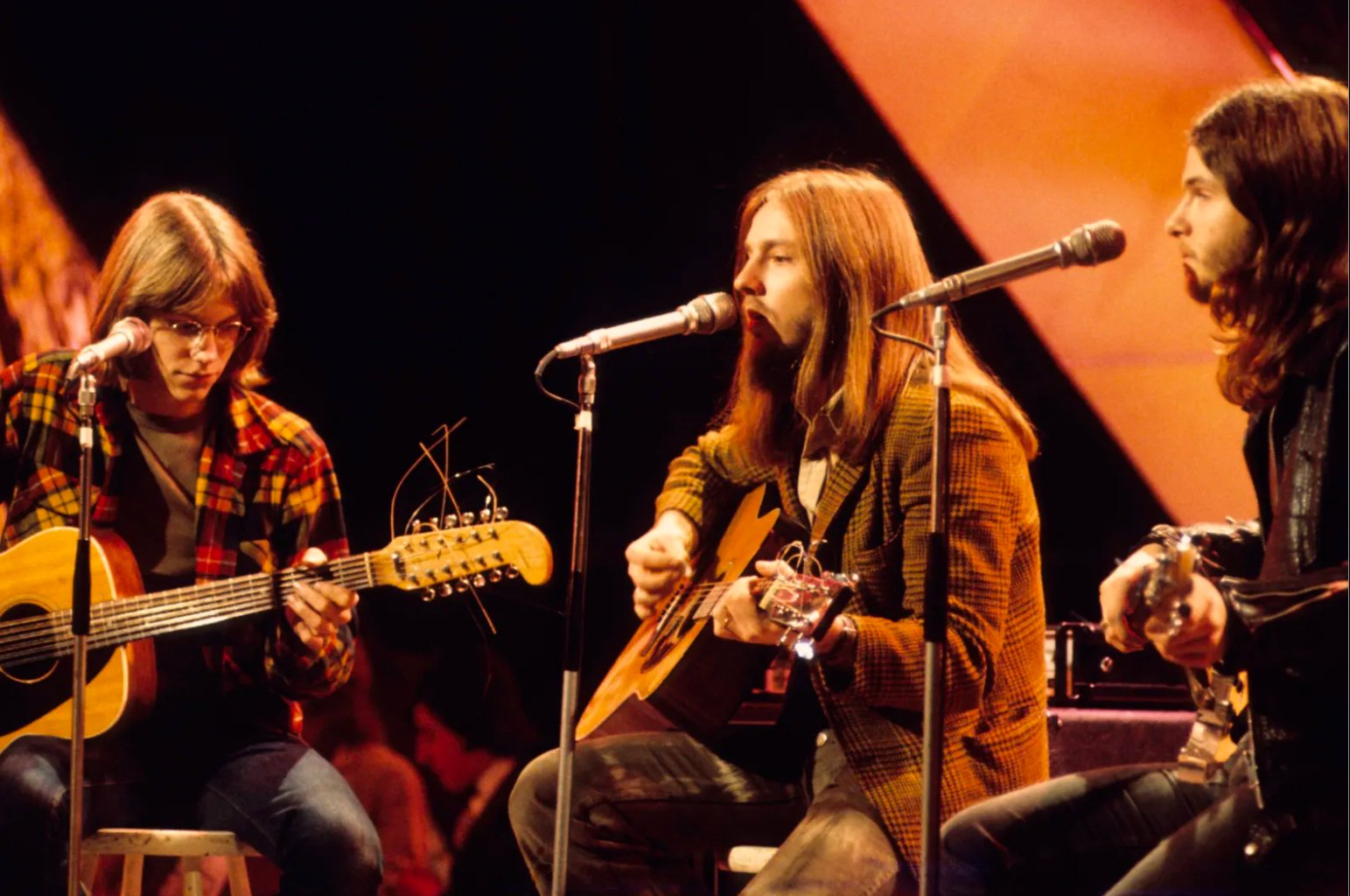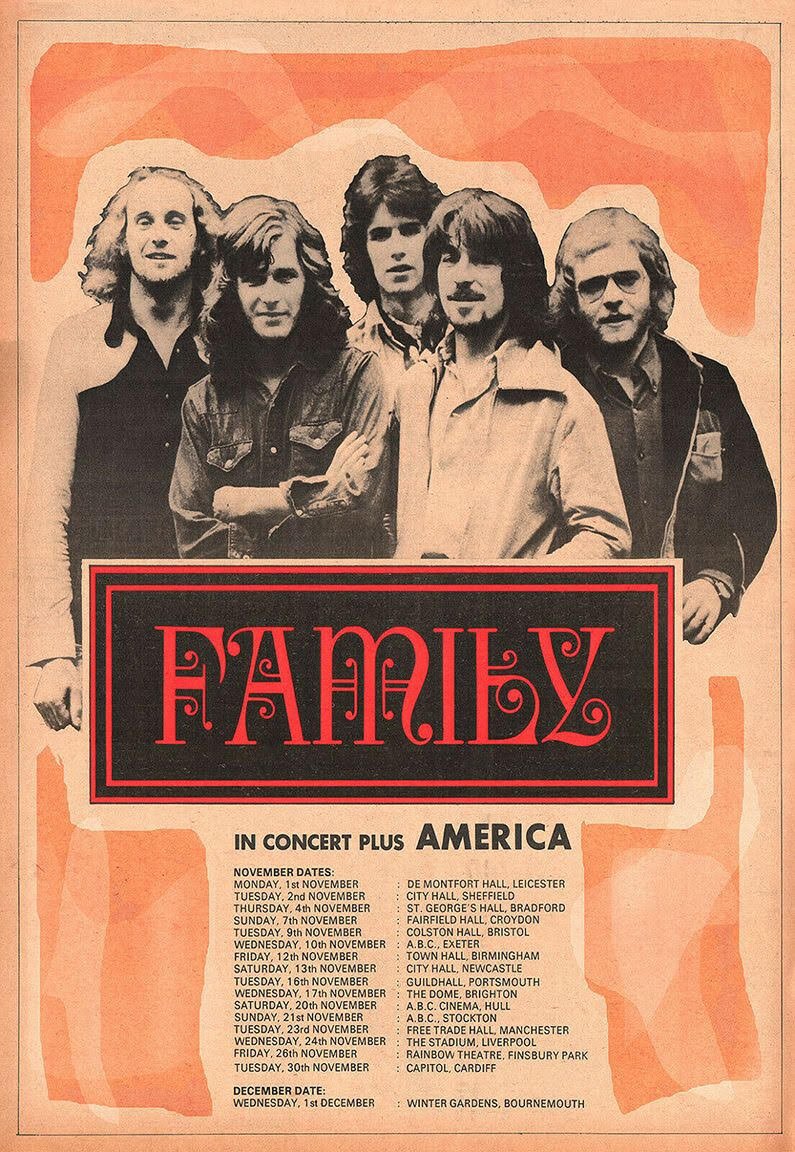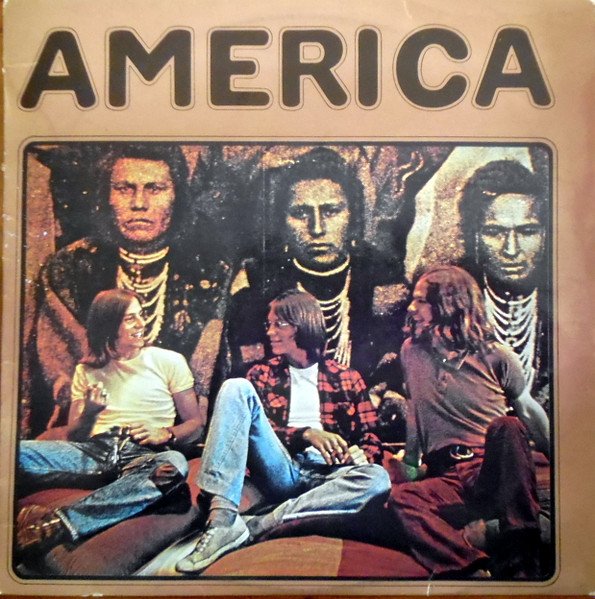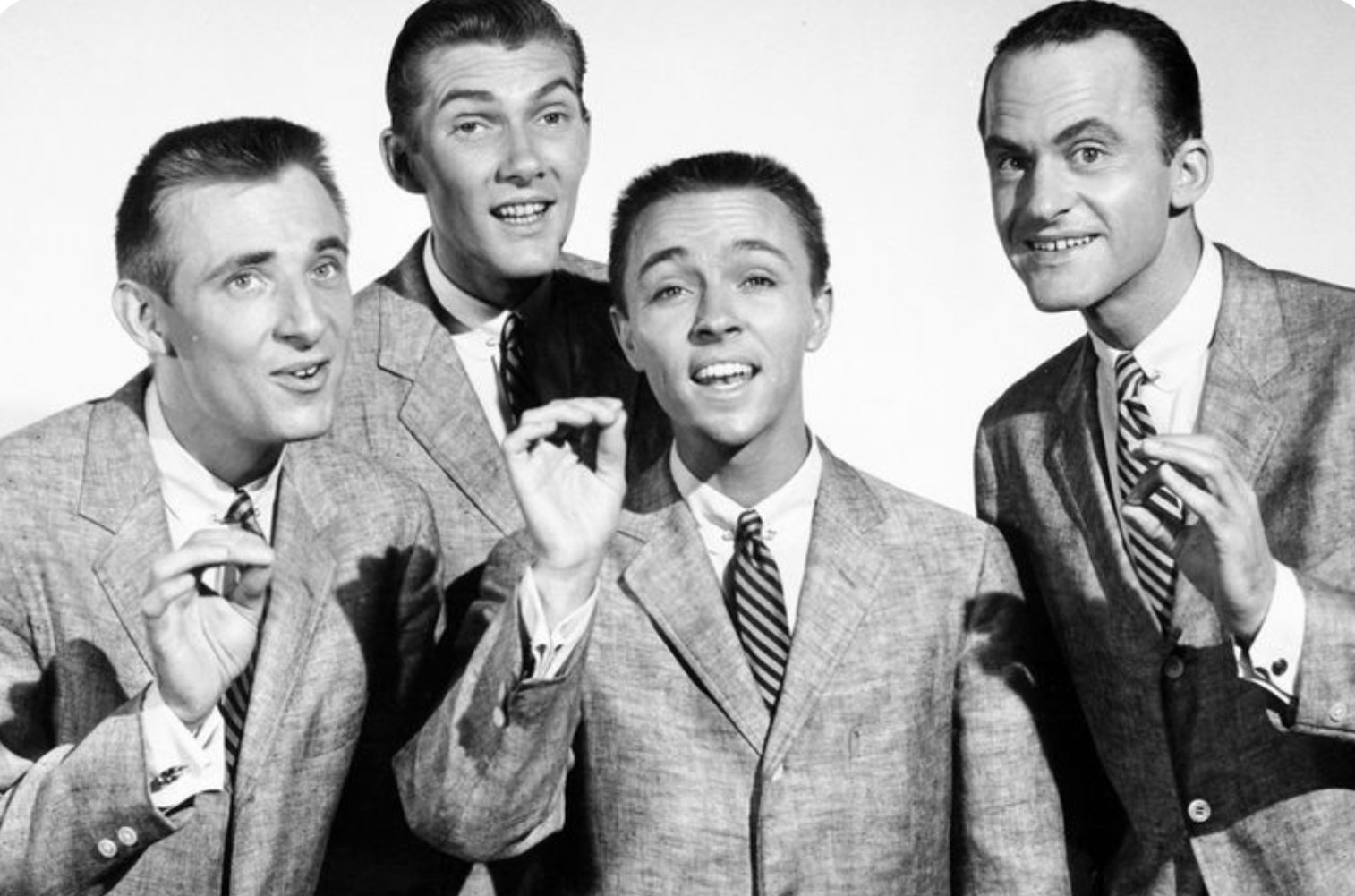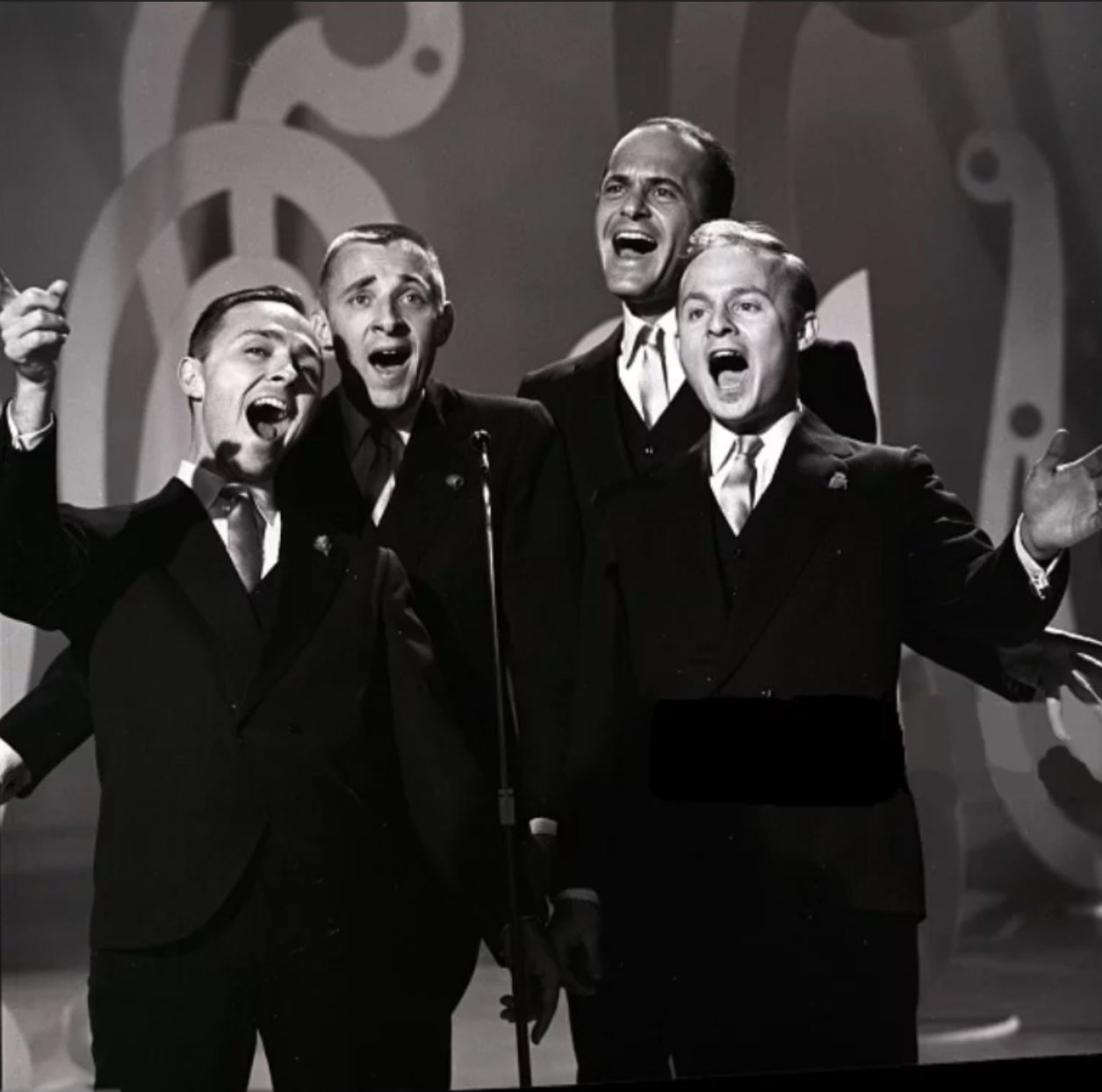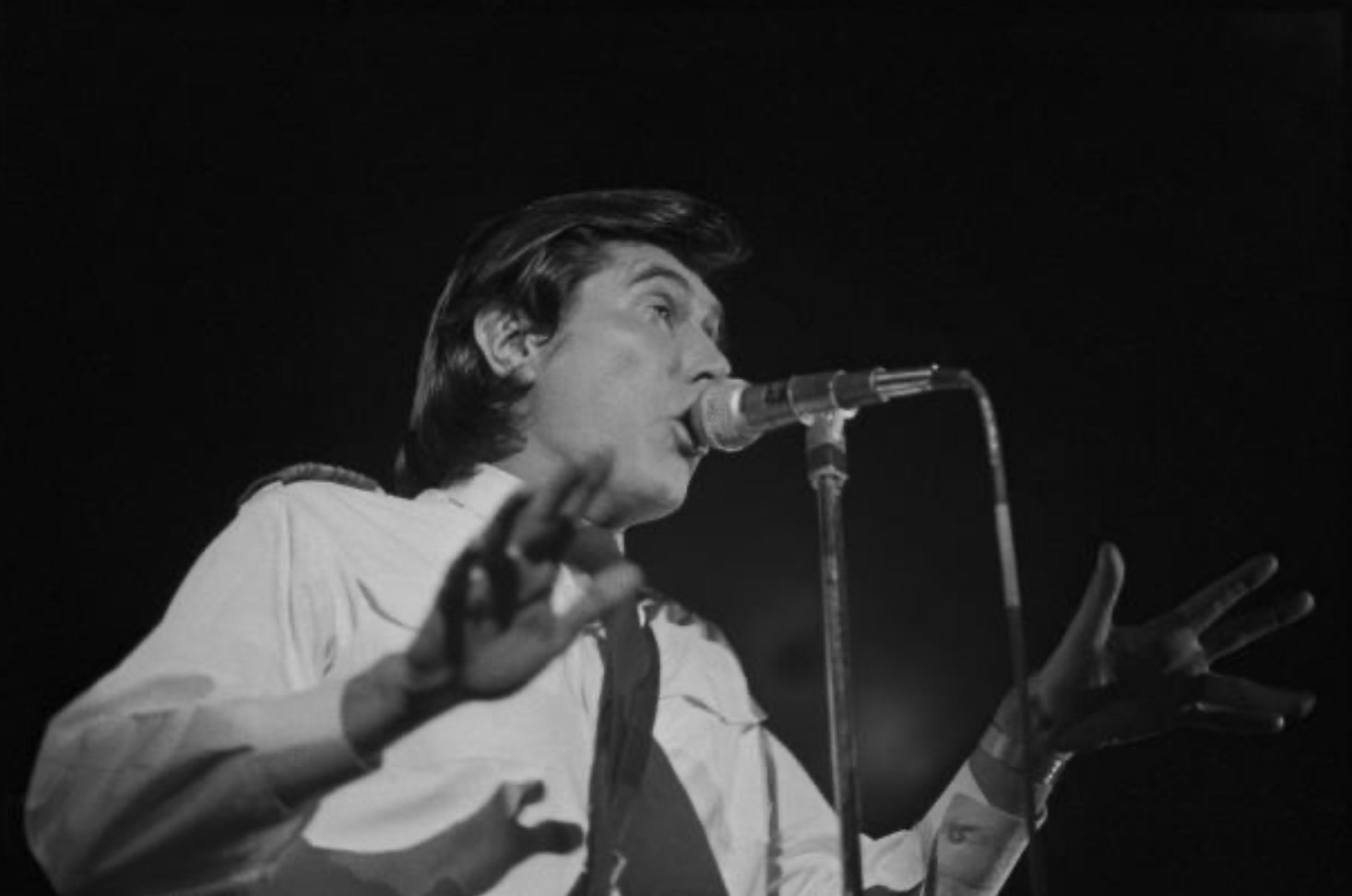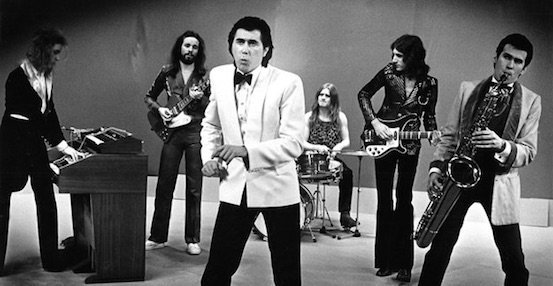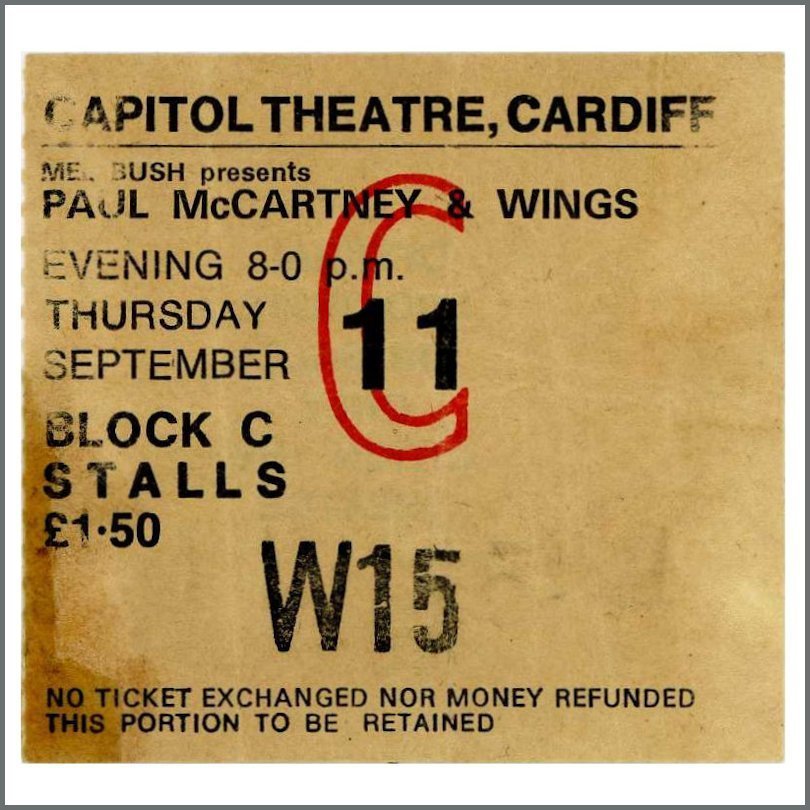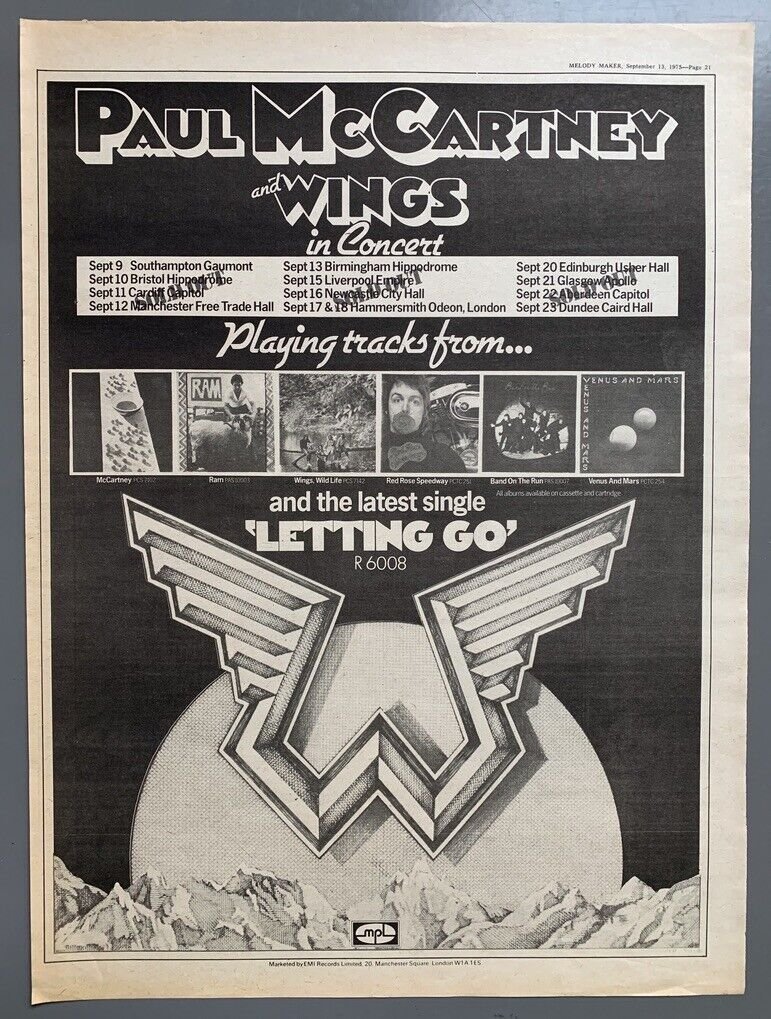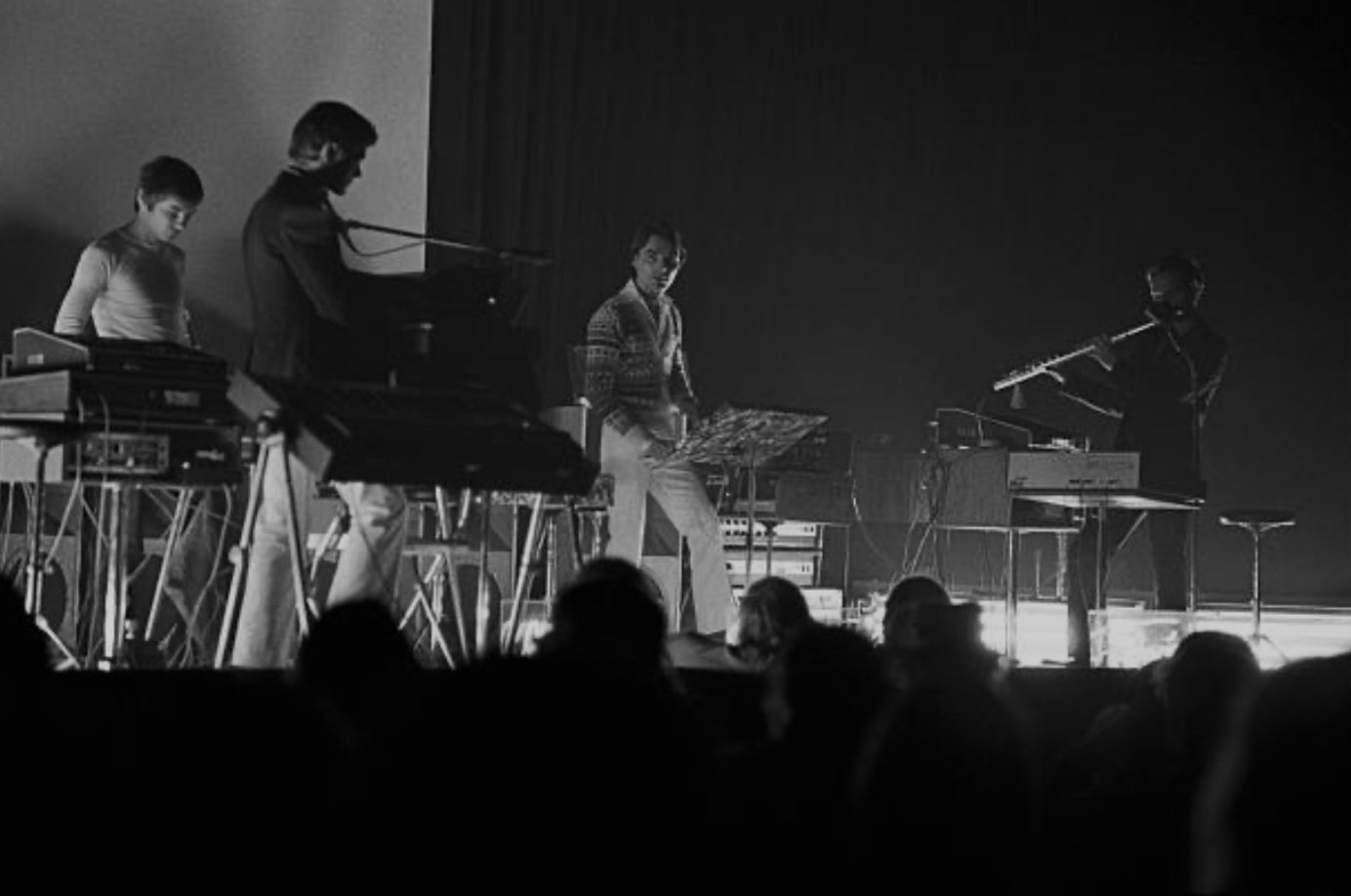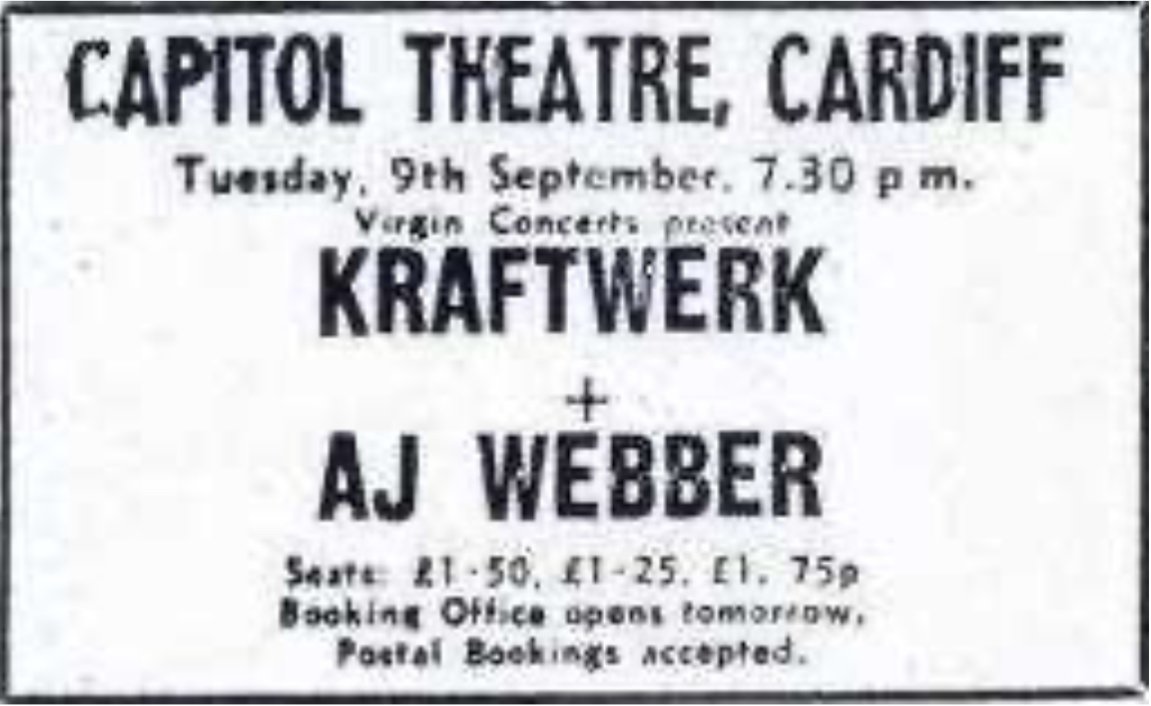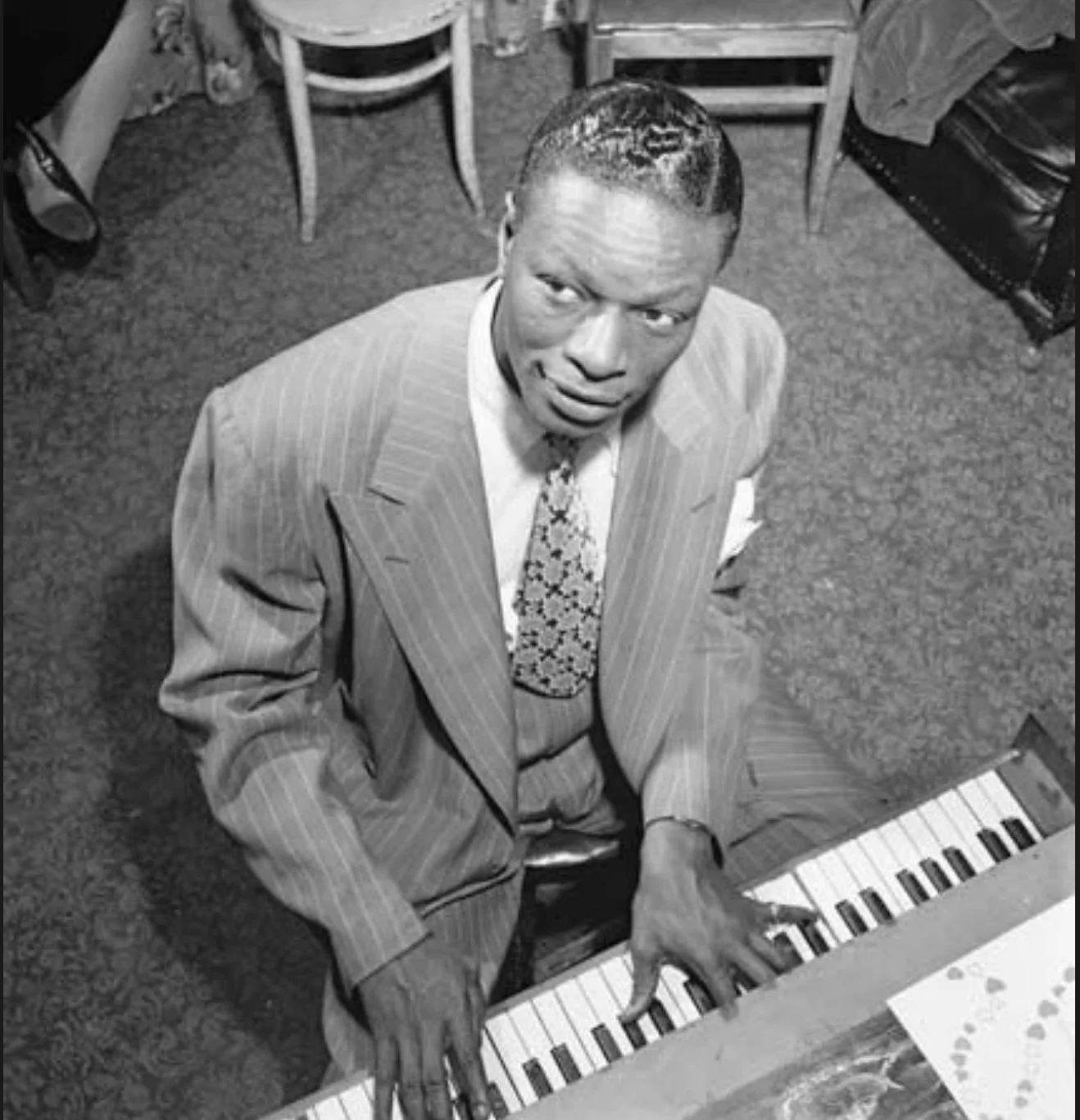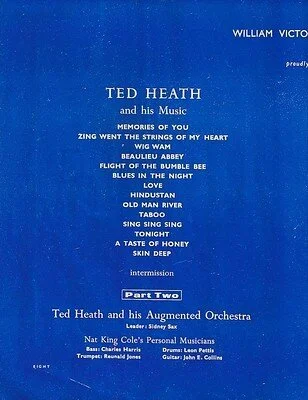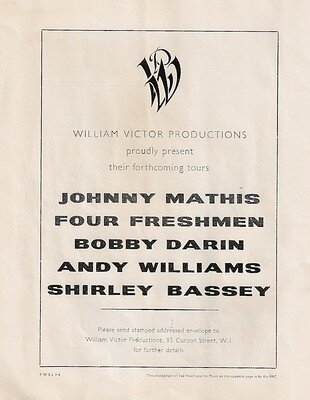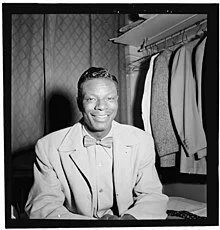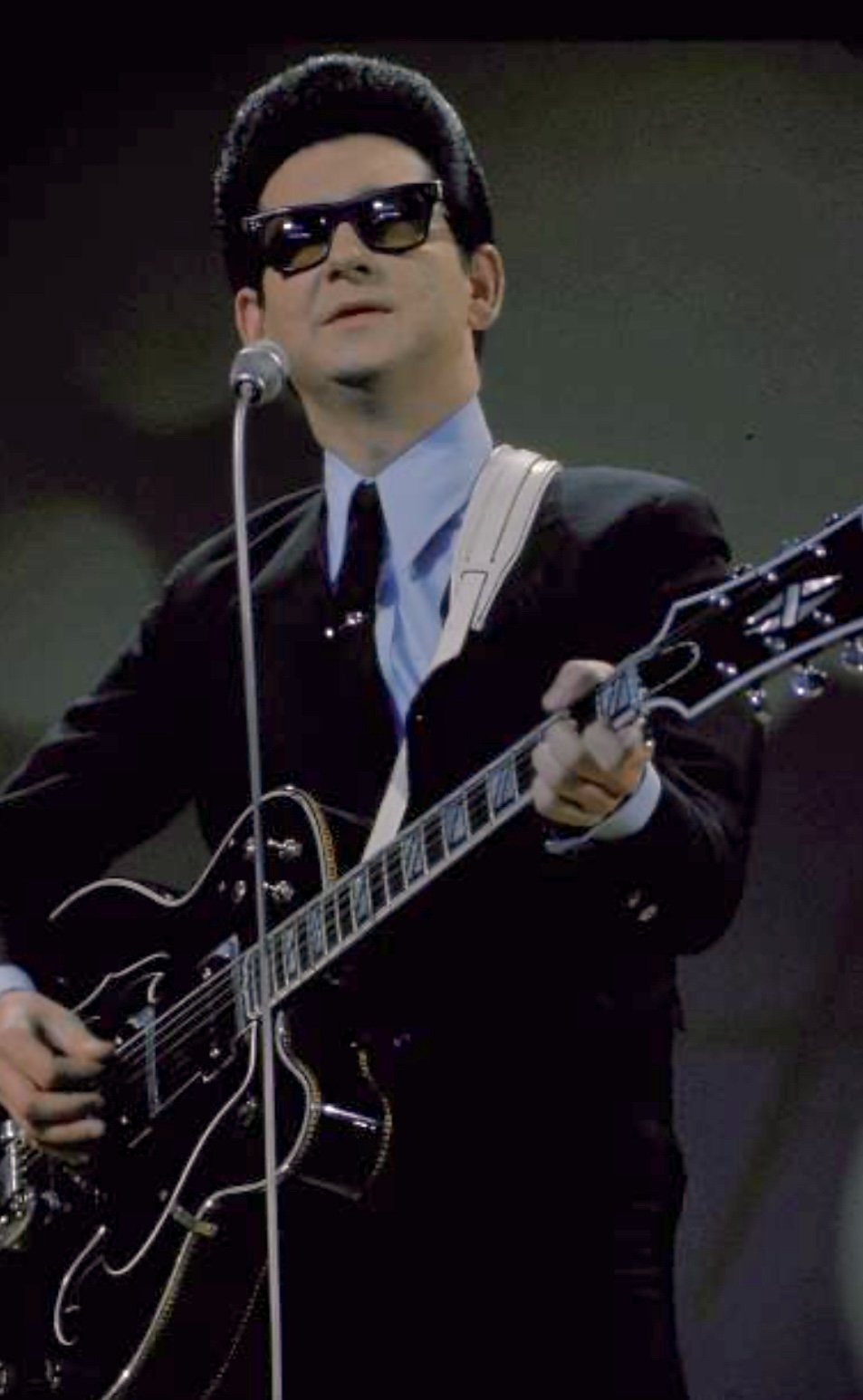Images may be subject to copyright
On this day, 30 November 1971, American/British rock band America played Cardiff’s Capitol Theatre. Also the bill were rock band Family.
Formed in London in 1970 by English-born American Dewey Bunnell and Americans Dan Peek and Gerry Beckley. The trio met as sons of US Air Force personnel stationed in London, where they began performing live.
Achieving significant popularity in the 1970s, the trio was famous for its close vocal harmonies and light acoustic folk rock sound. The band released a string of hit albums and singles, many of which found airplay on pop and soft rock stations.
The band came together shortly after the members' graduation from high school in the late 1960s. In 1970 Peek joined the band and they signed a record deal with Warner Bros. The following year, they released their self-titled debut album, which included the transatlantic hits "A Horse with No Name" and "I Need You".
Their first album, America (1971), was recorded at Trident Studios in London and produced by Samwell and Dexter, who became the trio's manager. Dexter also gave the band their first major gig, 20 December 1970, at Implosion at the Roundhouse, Chalk Farm, as the opening act for The Who, Elton John, Patto, and the Chalk Farm Salvation Army Band and Choir, for a Christmas charity event. Although the trio initially planned to record the album in a similar manner to The Beatles' Sgt. Pepper's Lonely Hearts Club Band, Samwell convinced them to perfect their acoustic style, instead.
The debut album, America, was released in late December 1971 to only moderate success, although it sold well in the Netherlands, where Dexter had taken them as a training ground to practice their craft. Samwell and Dexter subsequently brought the trio to Morgan Studios to record several additional songs.
One of them was a Bunnell composition called "Desert Song", which Dexter previously demonstrated during studio rehearsals in Puddletown, Dorset, at the home of Arthur Brown. The song had its public debut at the Harrogate Festival, four days later, to great audience response. After several performances and a TV show, it was retitled "A Horse with No Name". The song became a major worldwide hit in early 1972. It sold over one million copies, and was awarded a gold disc by the RIAA in March 1972.


